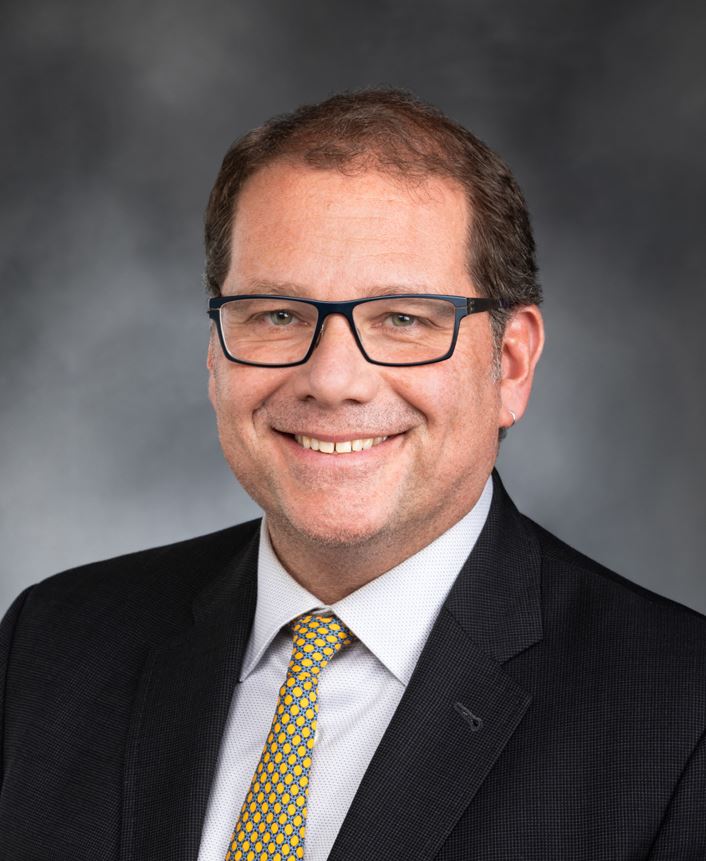OLYMPIA, Wash., March 4, 2024—Both the Washington State Senate and House of Representatives passed HB 1153 last month that, if signed by Governor Jay Inslee, will prevent octopus farming in Washington State.

Currently Washington State does not have any octopus farms, but this bill would prohibit the creation of one. It would not impact commercial fishing or the sale of octopus, just the farming and cultivation thereof.

The bill, which was sponsored by Representative Strom Peterson (D-Edmonds), with a bipartisan vote of 70-27. It landed on the Governor’s desk March 1 where it awaits a final signature. After that the bill will become law within 90 days from when it was approved.
“Octopus farming leads to suffering and sickness for one of the more intelligent and feeling animals in our oceans,” said Rep. Peterson. “It can lead to huge environmental and ecological effects as well. Octopus farming is harmful to the animals and the environment and is unnecessary. It’s time to move on.”
The bill applies to aquaculture, which is the culture or farming of fish, shellfish, and other aquatic plants and animals in fresh, brackish, or salt waters. The law would not apply to commercial fishing of octopus, which the state defines as the “harvesting of fish.”
URGENT!
Help us STOP cruel plans to open the world’s first octopus farm—hundreds of thousands are them are planned to be killed 💔 https://t.co/K3mBQRH3tX pic.twitter.com/dw8gVFvz1N
— PETA (@peta) July 10, 2022
According to the house bill analysis, Commercial aquaculture in Washington State currently includes clams, oysters, prawns, trout, salmon, geoducks, and kelp, among others and occurs in both fresh and marine waters such as streams, rivers, lakes, the Puget Sound, and the coast. Commercial net-pen aquaculture of nonnative finish, such as Atlantic salmon, has been prohibited in Washington State but currently the definition of “private sector cultured aquatic products”, in state law, does not include octopus.
Aquaculture can also apply to the fish and shellfish hatcheries and planting and growing of native aquatic plants to restore or enhance the habitat.
Aquaculture is regulated by the departments of Ecology, Fish and Wildlife and Natural Resources, as well as local and tribal governments, and other state and federal agencies.
The bill was backed by Washington Animal Rights Initiative nonprofit, who helped pave the way for a recently introduced California bill, and is behind the bill in Hawaii with Rep. Evslin as well, Executive Director for Washington Animal Rights Initiative, Amanda Fox, informed the Lynnwood Times.
The bill’s passing is just one of many victories for Washington State animal rights laws following the passing of HB1012, which would expand shelters for animals during extreme weather events, HB 1097, which would prohibit sale of cosmetic products tested on animals, and HB1961, which intensifies penalties for animal abuse cases.
All three bills were lobbied by Sultan-based animal shelter Pasado’s Safe Haven’s Legislative Advocacy Department who worked closely with lawmakers, prosecutors, and law enforcement to identify gaps in the state’s animal protection laws. Many of Washington’s animal protection laws were written over 100 years ago and are extremely outdated, Brenna Anderst, Director of Education and Advocacy at Pasado’s Safe Haven, told the Lynnwood Times.
“Animal issues are community issues and by having really clear animal cruelty protection laws in place we’re really not just protecting animals, we’re protecting our entire community,” said Anderst. “I think that’s been really evident by the support that we’ve been getting from legislatures.”
Anderst specifically commended Representative Sam Low’s involvement in HB 1961, who worked with Pasado’s during the interim to get the bill drafted. Rep. Low, an animal lover himself, represents Washington’s 39th district where Pasado’s Safe Haven’s sanctuary is located.
Author: Kienan Briscoe












